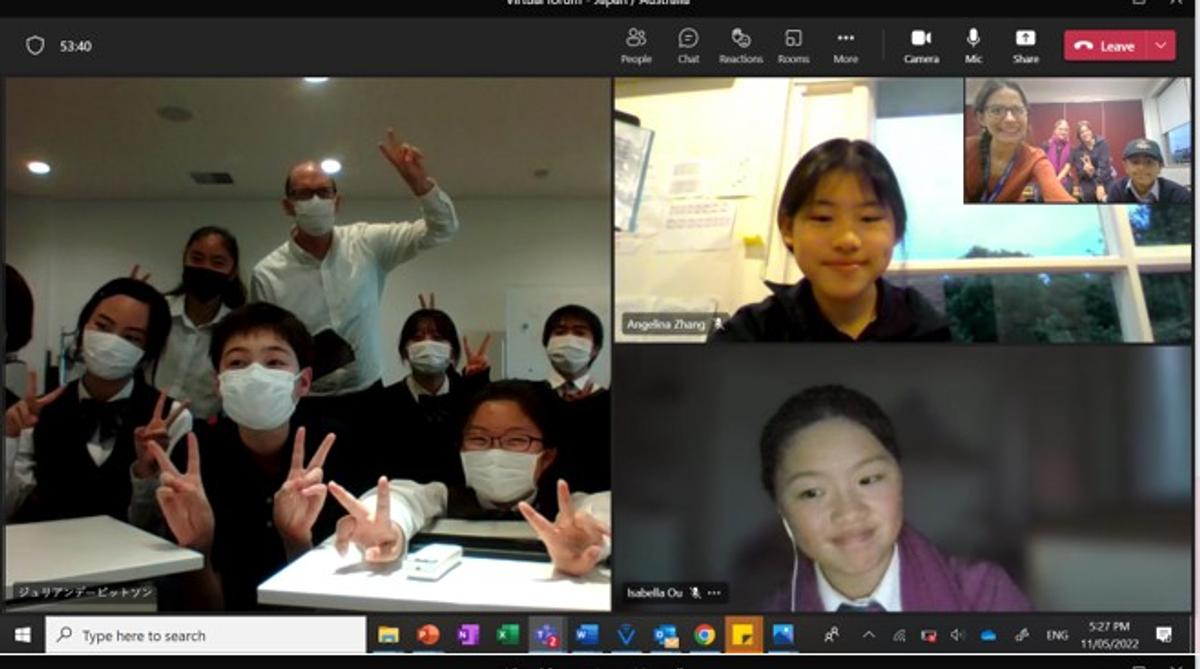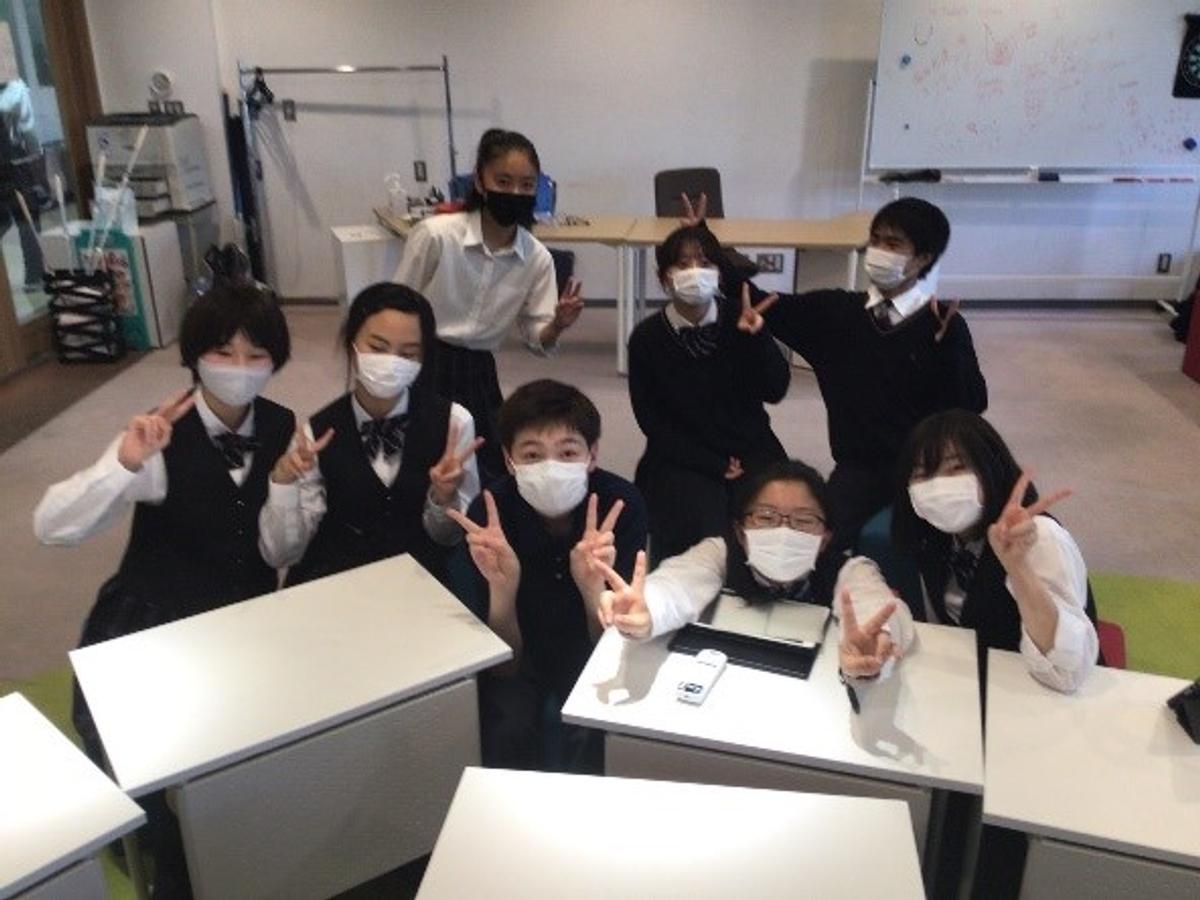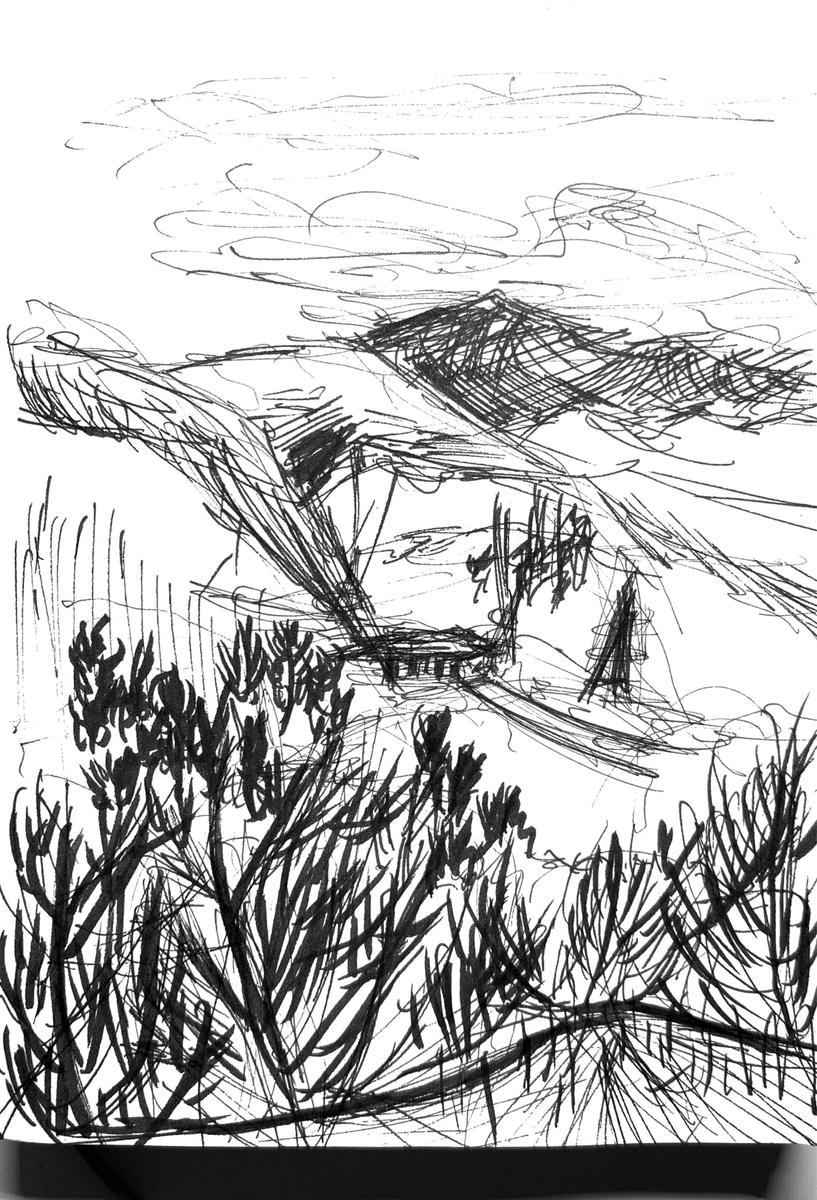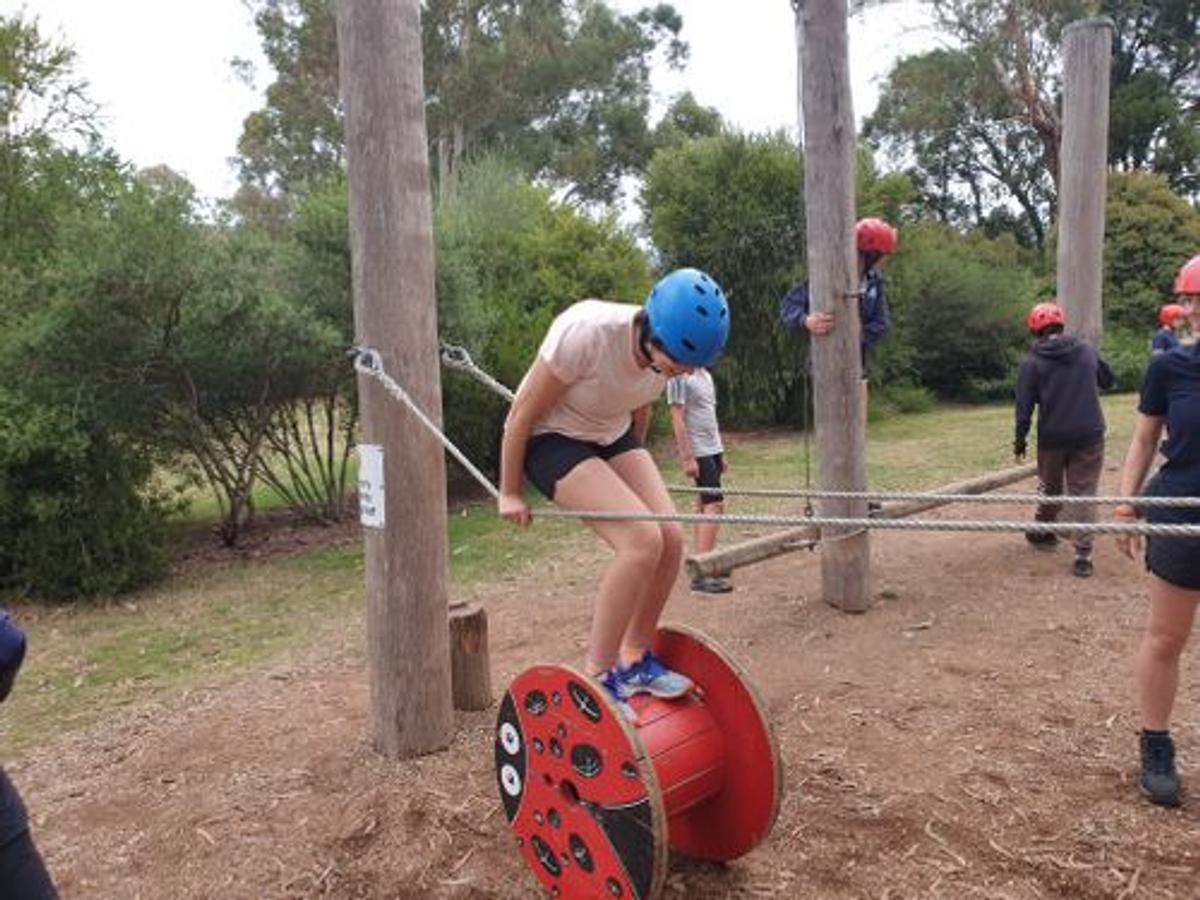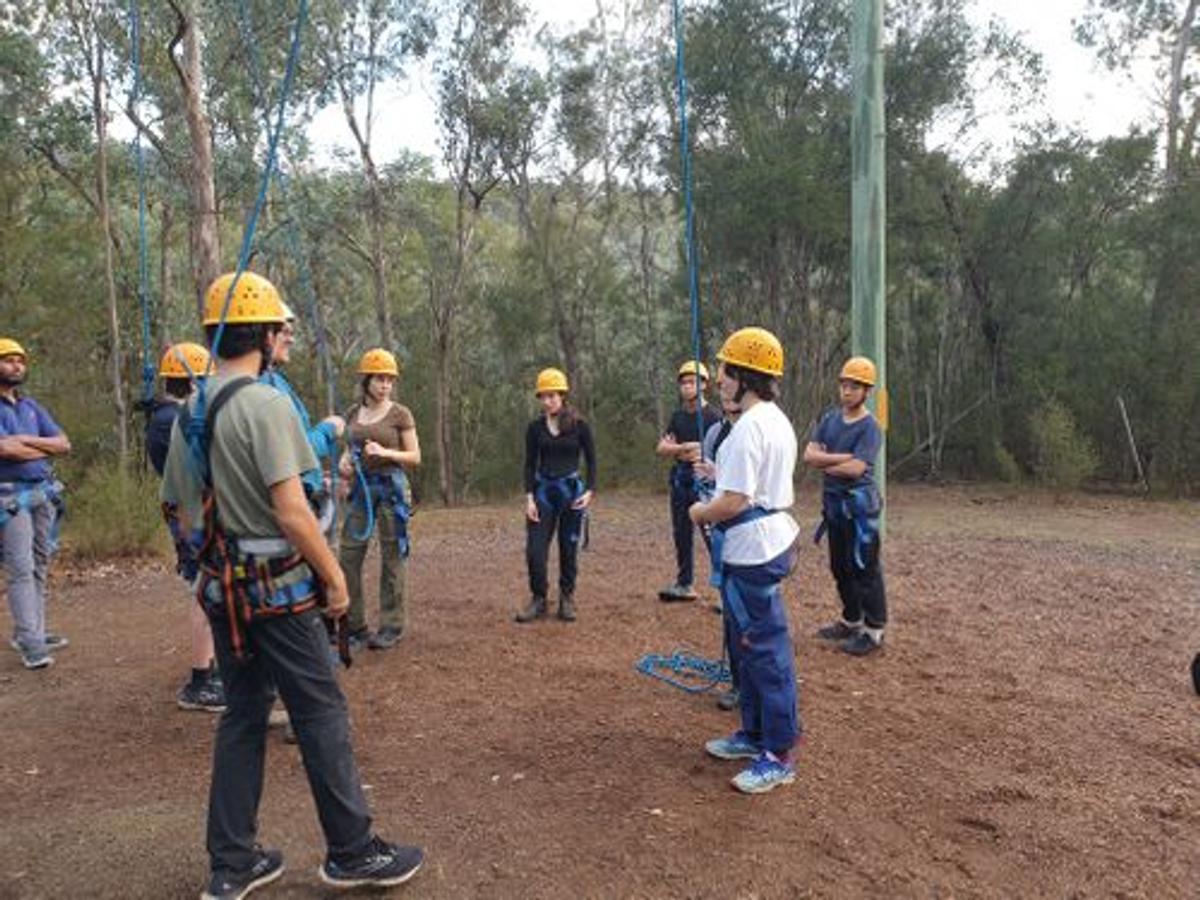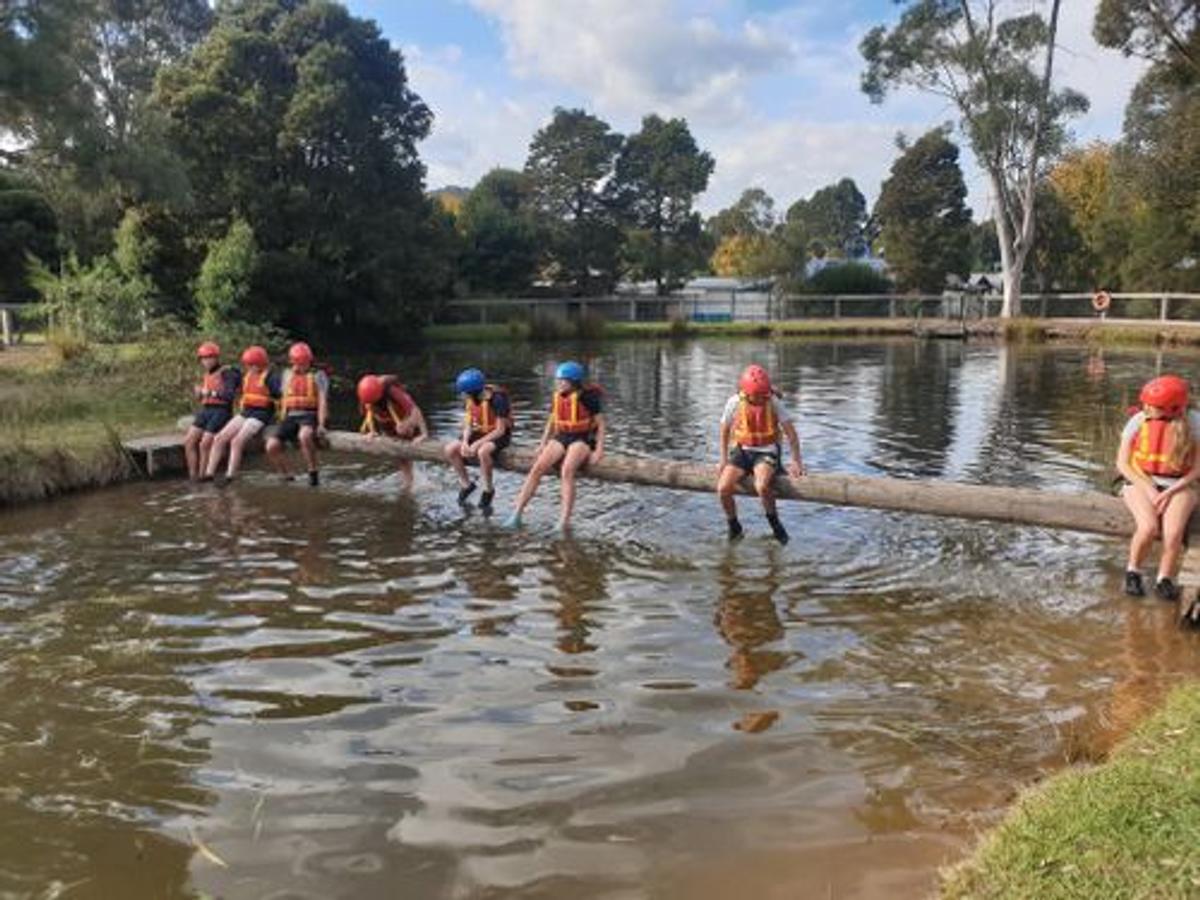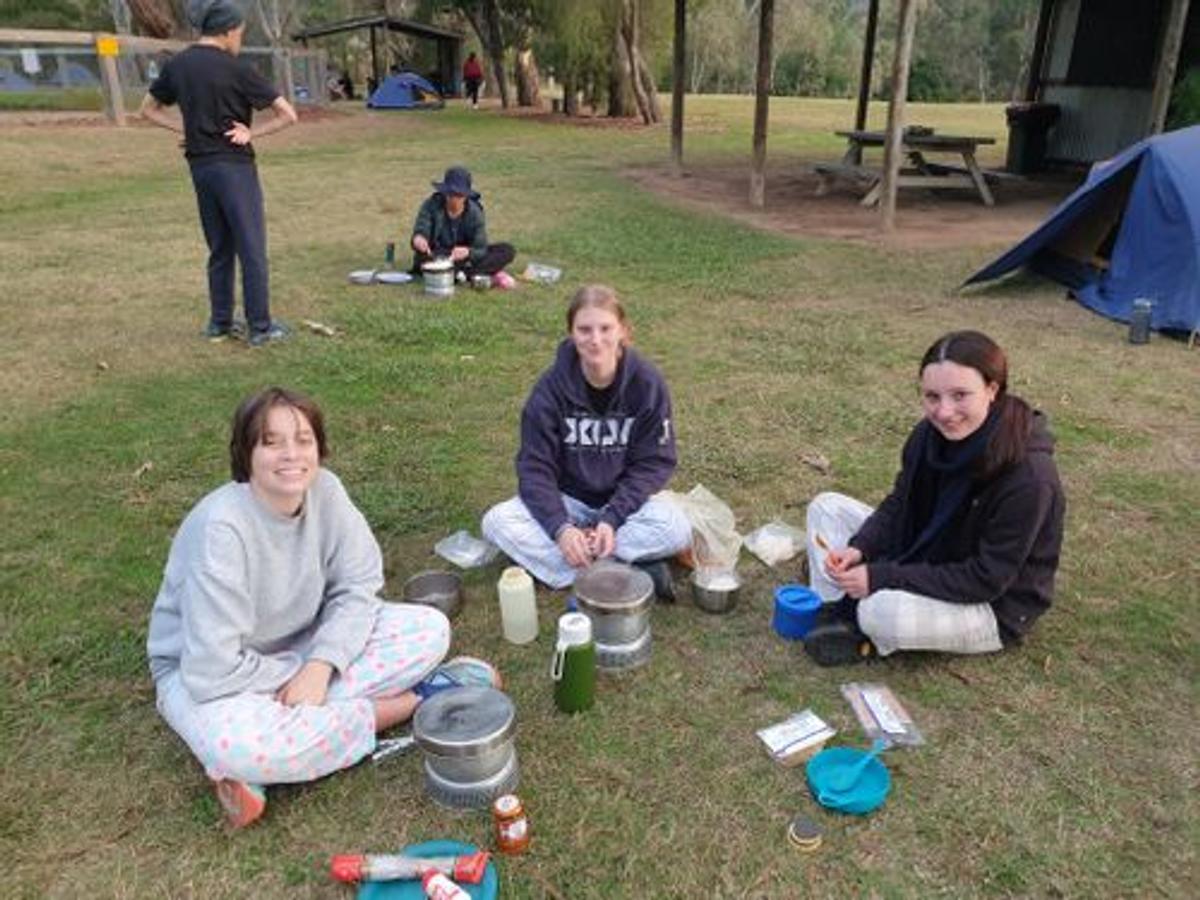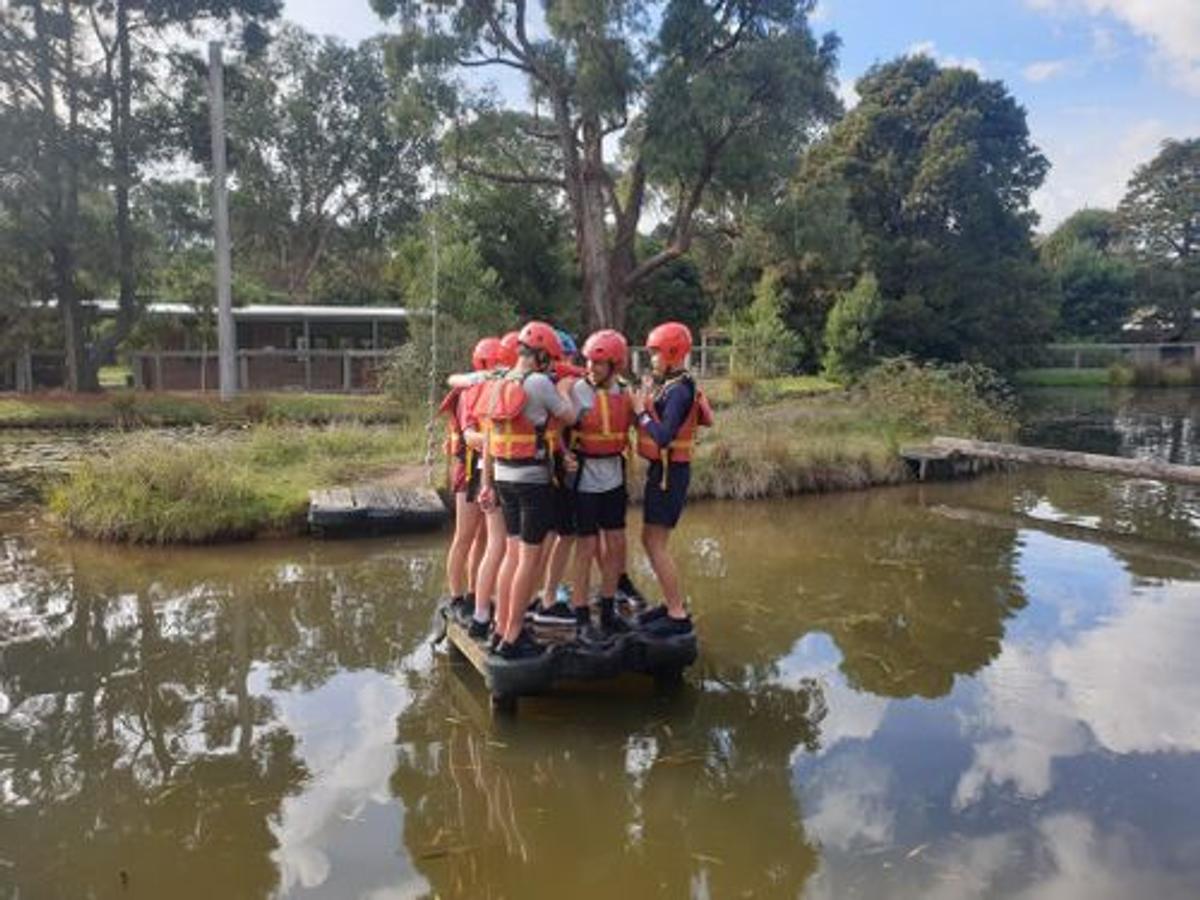The Benefits of Outdoor Education
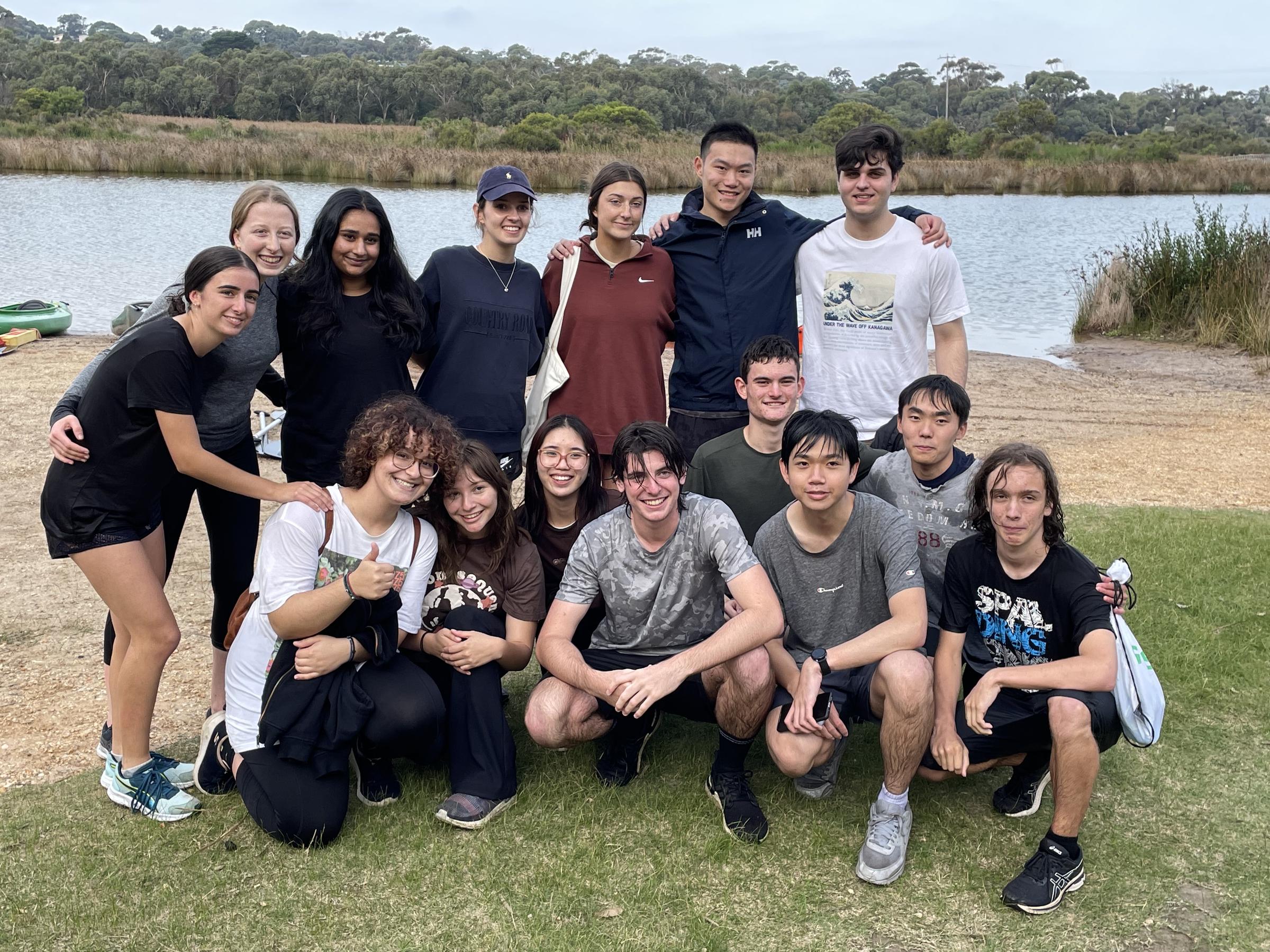
Lucie Dickens, Director of the Global Connections Program
In May of this year, Kilvington students took part in another virtual forum with Todoroki High School, our partner school in Tokyo, Japan. 'The Benefits of Outdoor Education in Australia and in Japan' was the main theme of the forum.
As Kilvington students had recently returned from their camping trips, they had lots of photos and experiences to share. They'd also had time to reflect upon and think about the skills and personal growth they'd acquired through their outdoor educational experiences.
Todoroki High School students were very interested in how we run our camping program and how our students build resilience at camp. They are away from home, often in situations outside their comfort zone, and have to do basic survival activities such as cooking outdoors.
In contrast, we learnt that at Todoroki High School, students take part in one long walk (15km) each year. Instead of separating each year level, it's a walk which students from all year levels can opt to do. They do not need to carry their food, tent and belongings. Instead, their parents cook for them and deliver the food.
Overall, both groups recognised the importance of outdoor education as not only an opportunity to learn survival skills, or to challenge oneself, but also to develop stronger relationships with the community and enhance teamwork, empathy, compassion, resilience, and problem-solving skills; all of which are transferable skills that benefit many areas of student life.
A STUDENT PERSPECTIVE - YEAR 10 CAMP
Maria Wang, Year 10
In April, Year 10 students embarked on a journey to Lake Eildon for a three-night and four-day-long camp.
Unlike camps in the past, this year we were expected to bring our own food. While this was a challenge when considering refrigeration for fresh foods, in the end I felt that it was enjoyable to choose with my friends what each meal of the day would be.
Each day, we participated in at least one type of activity. These included high and low ropes, water activities, canoeing, an Aboriginal cultural presentation and a short hike.
My personal favourite was the water activities, not because I was very good at it, but because I felt that, momentarily, our tribe was really united. In the chaos of the activity itself, and with bickering and banter, we truly laughed, worked and had fun together, not as individual friendship groups, but as a whole unit.
The campfires each night were also a major highlight as teachers and students alike would gather round the campfire to have small conversations with each other (often wishing that someone had brought marshmallows!).
Camp was eventful, but we also had pauses of rest to allow for the opportunity to socialise with each other.

